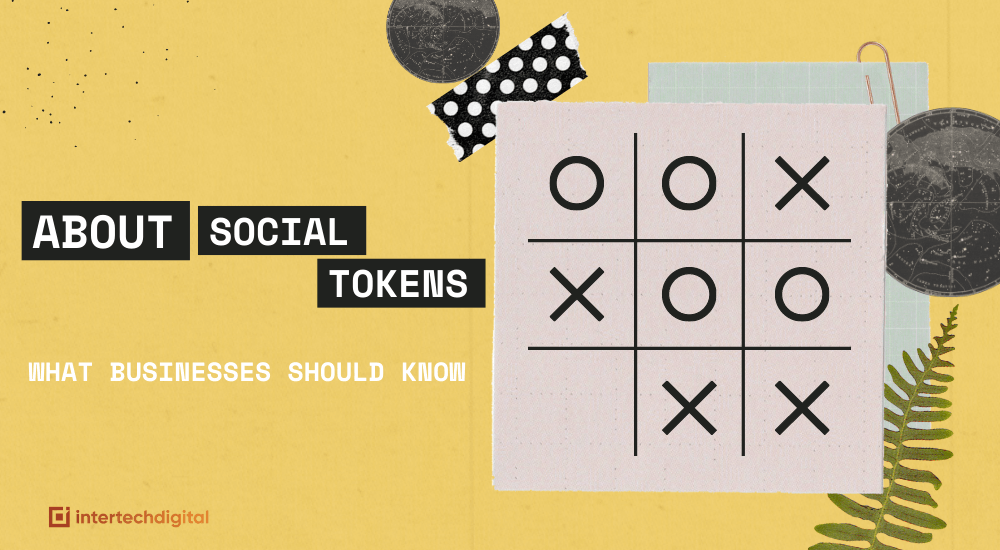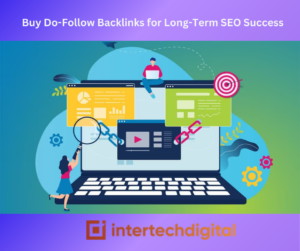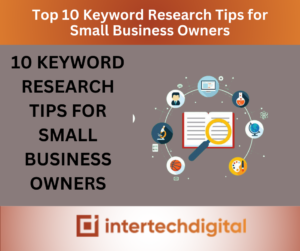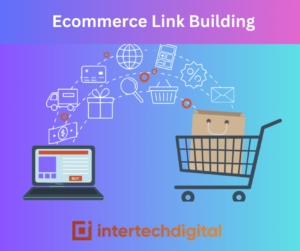
What Are Social Tokens and How Do They Work?
Why should marketers care about social tokens is a topic we’re starting to hear a lot. However, before we get into it, let’s define social tokens.
You may have heard words like “social token,” “creator coin,” and “community tokens” thrown about, but they all represent the same thing. These terms are essentially equivalent, and individuals can use whichever term they like. However, for the sake of clarity, we’ll use the term “social token” for the rest of this essay.
At its foundation, a social token is a separate and autonomous economy based on digital ownership. Jane Doe, for example, would establish a token named for herself or after her brand, @JaneDoe. The @JaneDoe tokens could then be obtained by their audience, either as a reward for engagement or other acts on any of Jane Doe’s platforms, or by purchasing them directly from Jane Doe.
When a creator generates a token on any platform, it is stored on the blockchain. The Ethereum blockchain is used by the majority of social tokens. And it’s up to the creator to decide what their token’s worth will be once it’s been created.
It’s vital to keep in mind that those who buy these social tokens aren’t getting paid. It’s not like the stock market, where you may invest in a stock and receive a certificate proving your ownership. You don’t get any real tokens, money, or anything like that in the mail.
To buy any type of coin, you’ll need to start with a digital wallet of some sort. Some coins can be purchased using your MetaMask wallet. On an exchange, such as a coin base, you can purchase many types of coins. You can purchase or otherwise obtain some of the numerous coins that are available with your digital wallet once you have it.
People receive a digital record of your personal cash in their wallet in exchange. They can utilize this digital cash in any way you’ve set up within your personal economy. Later in the post, we’ll go through what’s possible with social tokens, but think of them in terms of finance, access to services, and even items.
Why Should Businesses Care About Social Tokens?
Let’s talk about why social tokens matter to marketers now that you know what they are. Couldn’t you just start a membership site or a membership group and use subscription models to continue developing your communities?
The most intriguing aspect of a social token is that, unlike many other memberships, it isn’t just for paying for a space within a membership. It’s rather paying to own a piece of the community that participates in this unique social economy.
And this is a crucial distinction to establish because when someone buys a membership right now, they aren’t buying anything concrete. They are unable to transfer their membership to another person, and in many circumstances, they are unable to share their membership with others. They can do whatever they want with a token because they have something tangible, even in its digital form. They are free to do whatever they want with that piece, including giving it away or selling it.
People, on the other hand, who own that token are more invested in that group or membership. Rather of being a passive member of the audience, they become a part of a collective that runs that membership. They’d want to see it spread. They want to see it prosper and grow because your success is essentially their success.
What Can Social Tokens Do for Your Business?
To begin with, coins are great lead magnets. If you’ve built a social token, or are considering doing so, being able to offer your audience 5 or 10 tokens in exchange for signing up for your newsletter is a strong method to expand both your email list and your currency’s user base.
There have also been instances where people have created coins with the intention of selling their value for money. For example, they plan to use the proceeds from the sale of their own coins to pay a trip to Europe while guaranteeing 10% of the coins’ total future value.
One of the more intriguing applications of social tokens is the establishment of communities and fan bases through the sale of access. This can be anything from material to the author to a community.
You may also utilize social tokens to set up a rewards program for your community, rewarding people for participating in certain activities.
Finally, you can offer sponsorships for some of your content using tokens, such as a podcast or a newsletter.
Every social token has its own set of rules, similar to a smart contract; for example, the $TILT coin was released on the Rally network with the understanding that there would never be more than 210,000 coins. So, when they started at around 90,000 coins, they knew there were another 120,000 coins waiting to be made if there was enough demand.
The value of the coins rises as demand for them rises, which means that as more individuals acquire or purchase them, their worth rises as well. The value of the coins will decrease as people trade or sell them.
When Creating Social Tokens, There are a Few Things to Keep in Mind
One of the first things marketers should remember when attempting to establish their own social tokens is that they must consider the long term. For as long as the social tokens are in circulation, they are linked to your name or brand. It becomes a part of your legacy, putting your reputation in jeopardy.
Above all, social tokens assist to humanize the trust economy. People must be able to trust your identity and brand because they will not purchase into your tokens if they cannot trust you to keep your half of the bargain when it comes to buying into your membership.
The second thing to remember is to consider your roadmap and business model, as well as how the token fits into both. Many marketers dabble in social coin creation, but the problem with dabbling is that it spills over to the opposite side.
Creating social tokens is a skill that requires a lot of practice. To completely incorporate those social tokens, you’ll need to revamp a lot of your processes, something you can’t do halfway. You must examine everything.
If you’re going to have a social token and tell your audience that they can use it to buy things and services, for example, the tokens must be available for purchase and connected. That necessitates some forethought and preparation.
Over the next year or so, several large corporations may convert their rewards programs to tokenized programs. People may, for example, obtain Target tokens instead of Target perks, or whatever Target’s incentive program is called. They’d be able to utilize and exchange those tokens to buy more things or services, or they’d be able to swap out entirely.
A number of big businesses are going to jump into the token game in 2022 and start building out their programs. And it may happen much sooner than anyone expects.
Cryptocurrency is already growing at a much quicker rate than anyone anticipated, and it’s just a few years old. People are going all-in on the ownership component because there’s something about owning a community that makes them that much more invested and engaged with it. Many of today’s online communities will be replaced by decentralized autonomous groups that run on tokens.
As with anything related to social media and technology, as these tools expand and grow, they will become more accessible to a wider range of people. The entry hurdle will be lowered, making it easier for anyone to go through the process of manufacturing their own tokens. They’ll accomplish it while also expanding their visibility on YouTubes and other platforms.



